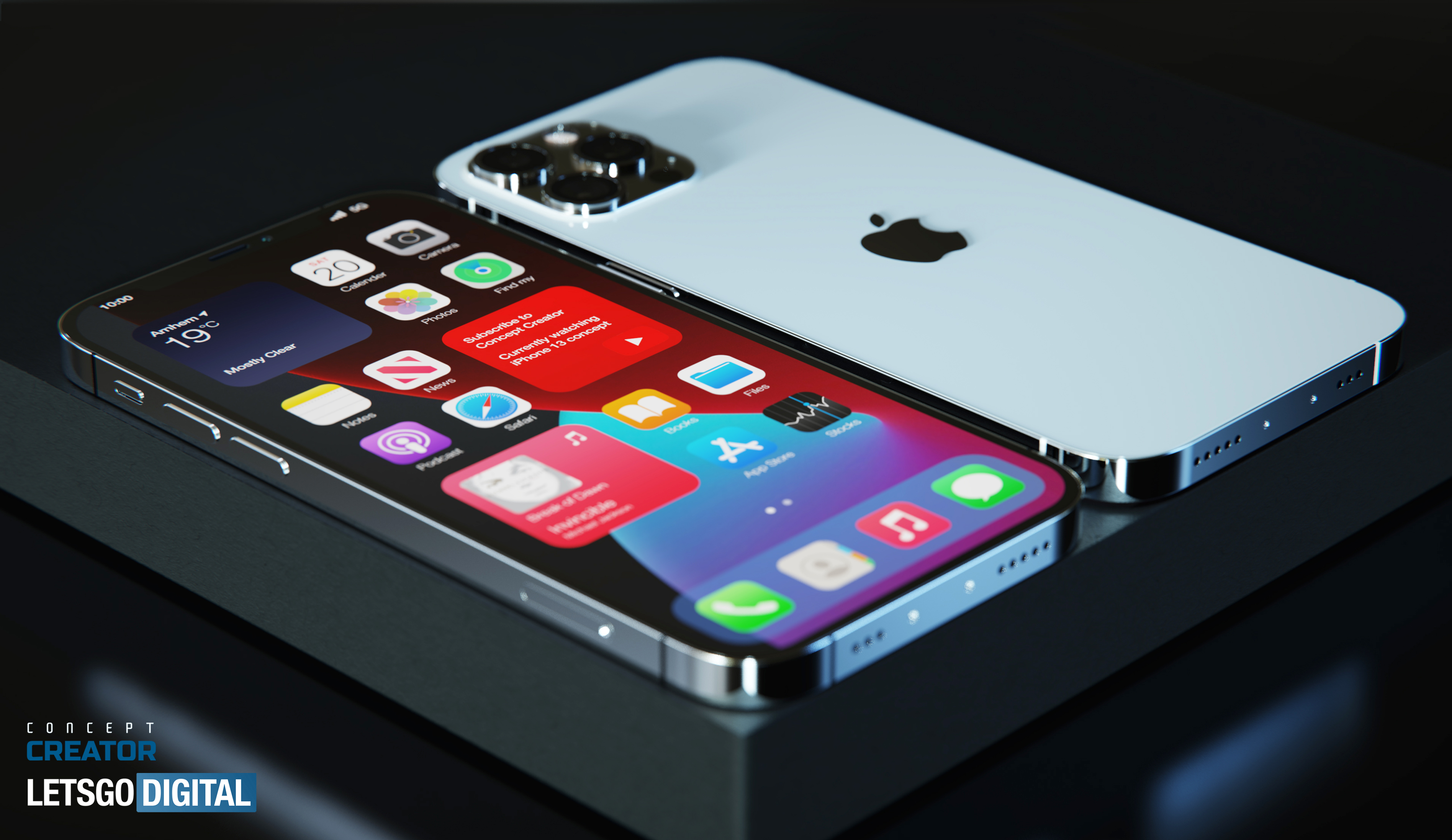iPhone 13 could get a 5G speed boost — here's how
iPhone 13 5G rumored to be getting a boost thanks to mmWave support outside the U.S.

The iPhone 13 could offer a better 5G experience in more countries, with the super-fast mmWave standard tipped to be supported outside of the U.S. And that could make it worth waiting for over the iPhone 12.
While U.S. models of the iPhone 12 work with both the sub-6GHz and mmWave standards of 5G, phones sold in the U.K. and elsewhere only offer the sub-6GHz flavor. But Digitimes Asia reports that the iPhone 13 will offer mmWave support on over half of the next-gen iPhone models thought to be launching this fall. It doesn't specify in which locations these phones will be offered, however.
- iPhone 13 release date, price, specs and leaks
- Here are the best 5G phones you can buy today
- Plus: OLED iPads could be coming next year — here's why
With Apple increasing mmWave compatibility for its users, Digitimes' industry sources expect that Android manufacturers will seek to follow suit. Currently, only a few leading handsets, including the OnePlus 9 Pro and Samsung Galaxy S21, support mmWave.
The majority of 5G networks currently operating around the world use the sub-6GHz standard, since it requires fewer cell towers to operate and is less likely to be blocked by objects such as buildings. While mmWave is faster and offers a higher data bandwidth, it's not used as widely due to its shorter range, plus it's more prone to being blocked. It's why its primary use is in small, densely populated areas such as city blocks or sports venues.
By supporting both standards, the iPhone 12 made for a more cohesive 5G experience compared to rival phones. It's what made it one of the best 5G phones, at least in the U.S. If the iPhone 13 offers this in more countries, then it will bring this benefit to more and more users as their respective nations continue to develop their 5G infrastructure. That means the iPhone 13 could be a great futureproof purchase if you plan to renew your phone this year.
The other iPhone 13 rumors we've heard also provide plenty of reasons to be excited for Apple's next smartphone. The Face ID notch is supposed to be getting smaller for the first time since it was introduced, and there are some exciting camera hardware and photo software upgrades rumored. Furthermore, some models may offer a 120Hz display refresh rate, a key area where Apple's been lagging behind Android rivals.
Get instant access to breaking news, the hottest reviews, great deals and helpful tips.

Richard is based in London, covering news, reviews and how-tos for phones, tablets, gaming, and whatever else people need advice on. Following on from his MA in Magazine Journalism at the University of Sheffield, he's also written for WIRED U.K., The Register and Creative Bloq. When not at work, he's likely thinking about how to brew the perfect cup of specialty coffee.
 Club Benefits
Club Benefits





